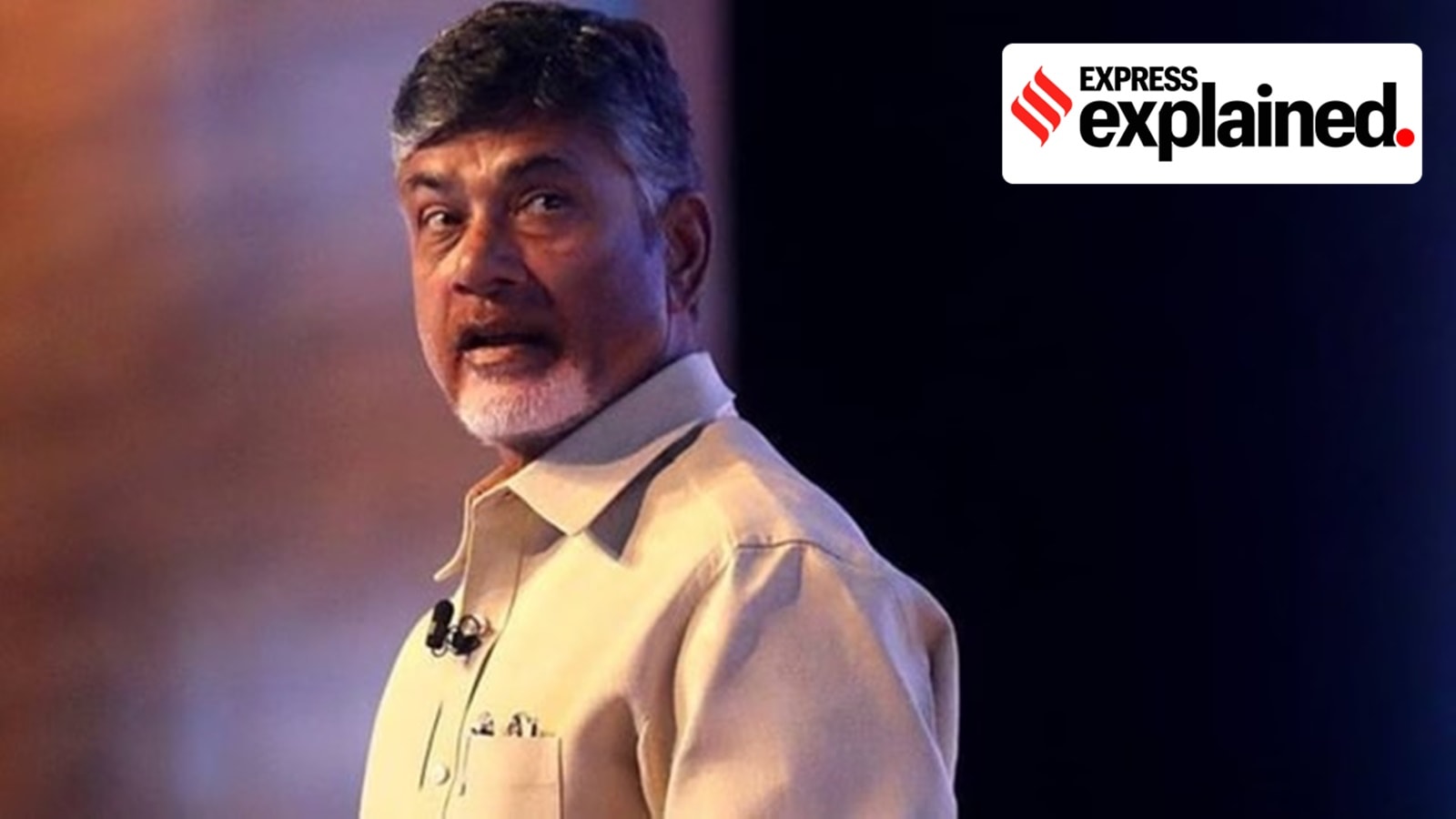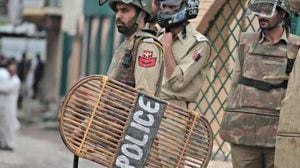The Andhra Pradesh Cabinet on Tuesday (April 15) approved the draft ordinance proposal made by the Social Welfare Department to implement sub-categorisation among Scheduled Castes in the state. Basically, this means that the state government wants to give ‘reservation within reservation’ to communities based on their backwardness.

In the backdrop of the Supreme Court’s verdict allowing states to sub-classify Scheduled Castes, the Telugu Desam Party-led NDA government in Andhra Pradesh on November 15, 2024 formed a commission to study SC sub-categorisation in the state.
After gathering public feedback across 13 districts (which are now divided into 26 districts), the one-man commission, led by retired IAS officer Rajeev Ranjan Mishra, submitted a comprehensive report on March 10 this year.
The report was adopted unanimously in the Legislative Council and Legislative Assembly and the ordinance has been drafted.
What is the purpose of SC sub-categorisation?
Leaders of SCs, and STs, and BCs say that it is important to provide reservations based on the numerical strength of the various sub-castes, rather than give a consolidated quota for all of them based on their overall population. The Madiga Reservation Porata Samithi (MRPS) chief Manda Krishna Madiga, who has been fighting for sub-categrisation in AP and Telangana, said reservations in education, government employment, local elected bodies, etc. should be provided based on the backwardness, social, and financial condition of each sub-caste.
The SC sub-caste of Madiga, which is further divided into several other sub-castes, claims that the other main SC sub-caste, the Mala community, corners all reservation benefits in the state.
What has the Rajeev Ranjan Mishra commission recommended?
The Commission recommended dividing the SCs in Andhra Pradesh into 59 SC sub-groups classified into three different categories.
Story continues below this ad
Group 1 consists of the ‘Most Backward’, known as the Relli sub-group. This includes members of the sub-castes of Bavuri, Chachati, Chandala, Dandasi, Dom, Ghasi, Godagali, Mehtar, Paki, Pamidi, Relli, and Sapru.
Group 2 consists of 18 castes of the Madiga sub-group, and has been classified as `backward’, including the Arundhatiya, Bindala, Chamar, Chambhar, Dakkal, Dhor, Godari, Gosangi, Jaggali, Jambuvulu, Kolupulavandlu, Madiga, Madiga Dasu, Mang, Mang Garodi, Matangi, Samagara, and Sindholu sub castes.
Group 3 comprises 29 castes of the Mala Group classified as `less backward’, including Adi Dravida, Anamuk, Arayamala, Arvamala, Bariki, Byagara, Chalavadi, Yellamalavar, Holeya, Holeya Dasari, Madasi Kuruva, Mahar, Mala, Mala Dasari, Mala Dasu, Mala Hannai, Mala Jangam, Mala Masti, Mala Sale, Mala Sanyasi, Manne, Mundala, Samban, Yatala, Valluvan, Adi Andhra, Masti, Mitta Ayyalavar, Panchama.
And how are the quotas distributed?
Group 1 – Most Backward (Relli sub-group) – 1.0% reservation
Group 2 – Backward (Madiga sub-groups) – 6.5% reservation
Group 3 – Relatively Less Backward (Mala sub-groups) – 7.5% reservation
For example, if 100 government jobs are available, 8 would go to the Mala community, 6 to Madigas, and 1 to Rellis. If 200 jobs are available, 15 would go to Malas, 13 to Madigas, and 2 to Rellis.
What will this sub-categorisation achieve?
Story continues below this ad
It is aimed at the integrated and equitable progress of various sub-castes in the state, ensuring their inclusion in education, government jobs, politics, and civil society representation.
“The main objective of this ordinance is to ensure the integrated and equal advancement of all Scheduled Caste communities in society,” Social Welfare Minister Dr Dola Veeranjaneya Swamy said.








































